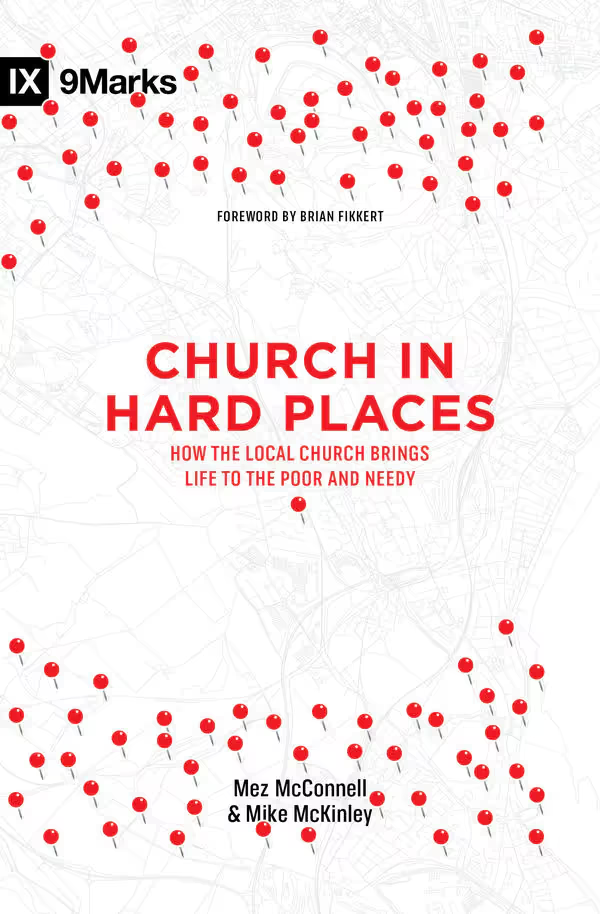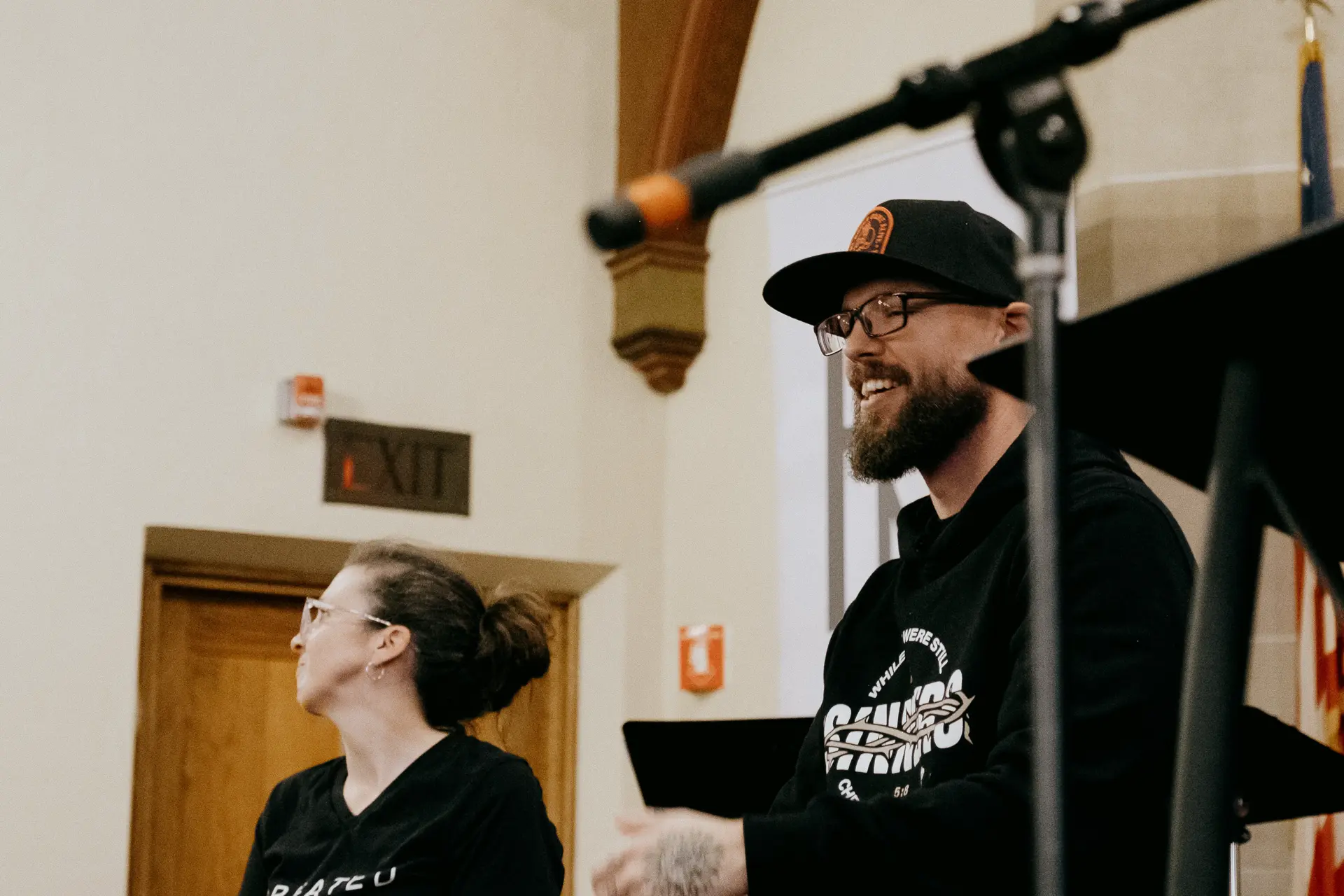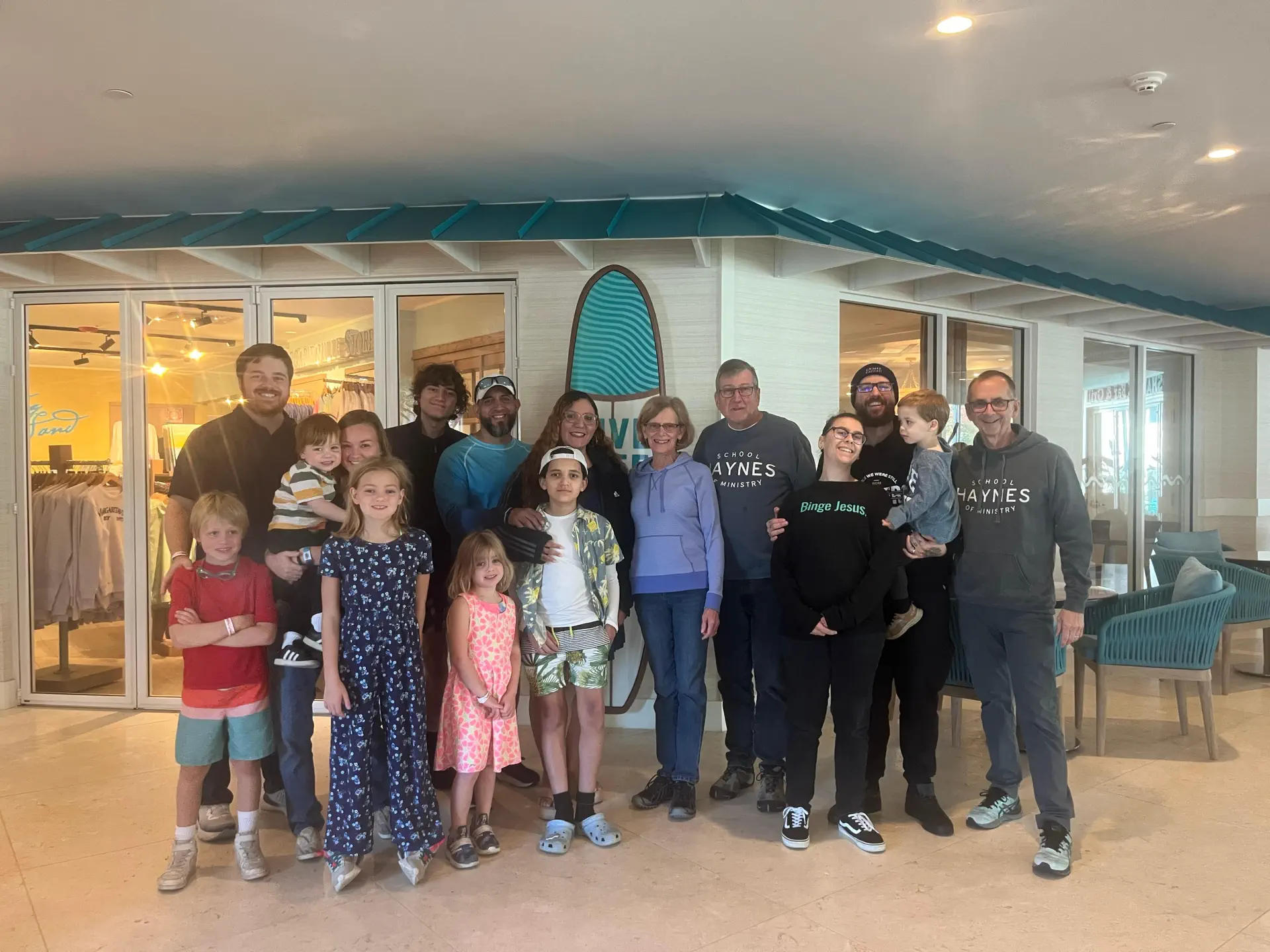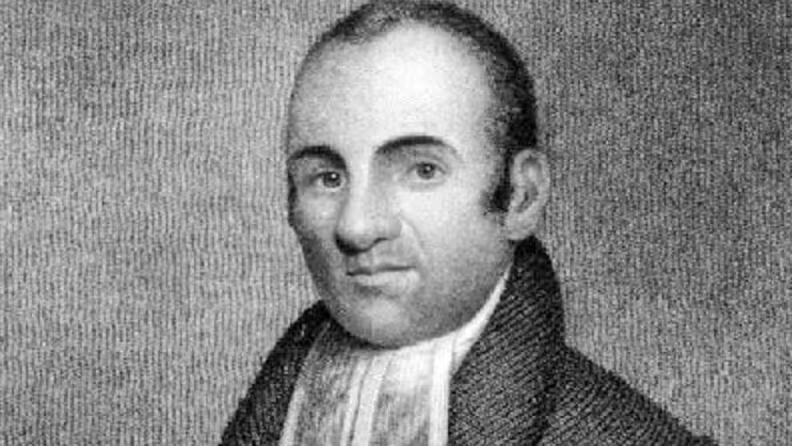Got some extra time to read? Here are the top 5 books we recommend if you want to learn more about church planting among the urban poor. (Listed in alphabetical order.)
Church in Hard Places, by Mez McConnell and Mike McKinley. 242 pages.

Why read it:
The subtitle of the book explains its thesis: “How the Local Church Brings Life to the Poor and Needy.” The authors believe (as does NEU Church Planting) that the greatest mercy we can give is the gospel, in the context of the local church. That’s not to say that food and clothing are not important. What they are saying is that the center of God’s solution is not material but spiritual.
Gem:
Rather than one gem, I’d like you to see the three pillars of this book:
First, the gospel is a message that must spread.… Second, we see in Scripture that while the gospel must go to all nations, we should expect to see it spread particularly among the poor.… The third pillar that undergirds this book is that the spread of local churches is God’s normal means for spreading the gospel. (Kindle edition, chapter 1)
Free Excerpt (Introduction)
Divided by Faith, by Michael Emerson and Christian Smith. 212 pages.

Why read it:
This sociological study answers the question, “Why is 11:00 the most racially segregated time of the week?” The answer is complex. Though gospel evaluation is not in view here, the thoughtful reader will see sin in both individual sin, and systemic sin.
Gem:
…a highly effective way to ensure the perpetuation of a racialized system is simply to deny its existence. Contemporaries are not doing this out of some old form of Jim Crow racism, but based on their cultural tools and relative isolation—themselves partially the products of racialization. With no apparent intent, the result—the maintenance of a racialized United States—is the same. This perspective misses the racialized patterns that transcend and encompass individuals, and are therefore often institutional and systemic. (90)
Free Excerpt (Google Preview, variable length)
On the Block, by Doug Logan. 185 pages.

Why read it:
For one reason, Doug Logan fruitfully pastored a church in Camden, NJ—one of the hardest cities in the US. Doug lays a biblical and theological foundation then adds to it practical advice born out of pastoral street experience.
Gem:
My concern is when the masses don’t come, when nobody finds it strange that the inner city is ignored, misunderstood, underdeveloped, unreached, and frankly, forsaken. We need a meeting of the minds, we need a summit, a conference, a dialogue where we can begin to clarify the confusion and pray to the Lord of the harvest. The harvest is plenty, and there’s a deep need for missionaries to come to the inner cities of American with the gospel. (110)
Free Excerpt (TOC, Chapters 1-3)
Urban Ministry, by Harvie Conn and Manuel Ortiz. 527 pages.

Why read it:
This book is expansive in scope, historical, biblical, theological, and practical. Anyone considering urban ministry should not move forward without digesting it. The most important book on the list.
Gem:
Mission formation consists of doing theology in the context of the city. It is more than developing an urban strategy. It is learning how to use Scripture as a guide both for life and for community transformation…. [Christians] realize that it is the radical nature of the gospel that will alter the events of life and history. Thus the best way to address a community’s deepest needs is to bring the gospel to hear concretely on every aspect of its life. This is why urban leaders must be equipped with the knowledge of Scripture and its use in the context of ministry. (425)
Free Excerpt (Intro, Chapter 8)
When Helping Hurts, by Steve Corbett and Brian Fikkert. 275 pages.

Why read it:
The authors, and the ministry of The Chalmers Center, provide the clearest definition of poverty and its relationship to the gospel. Their philosophy of mercy ministry is important to understand and practice.
Gem:
One of the major premises of this book is that until we embrace our mutual brokenness, our work with low-income people is likely to do far more harm than good. As discussed earlier, research from around the world has found that shame—a ‘poverty of being’—is a major part of the brokenness that low-income people experience in their relationship with themselves…. At the same time, the economically rich…also suffer from a poverty of being. In particular, development practitioner Jayakumar Christian argues the economically rich often have ‘god-complexes,’ a subtle and unconscious sense of superiority in which they believe that they have achieved their wealth through their own efforts and that they have been anointed to decide what is best for low-income people, whom they view as inferior to themselves. (Kindle edition, chapter 2)
Free Excerpt (TOC, Chapter 1)





